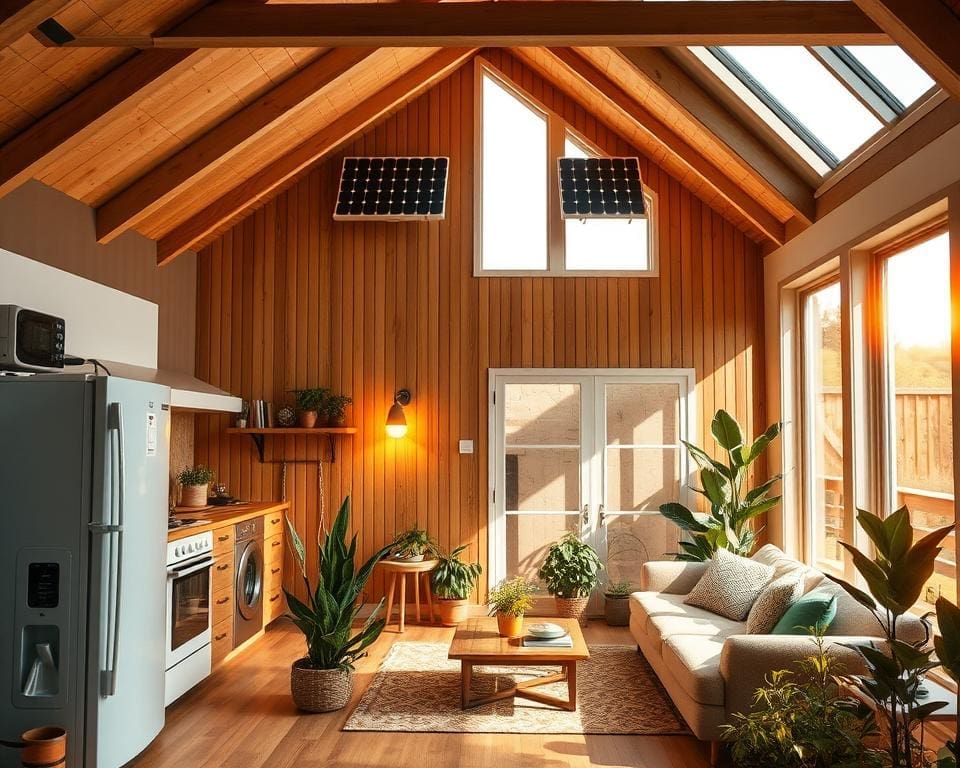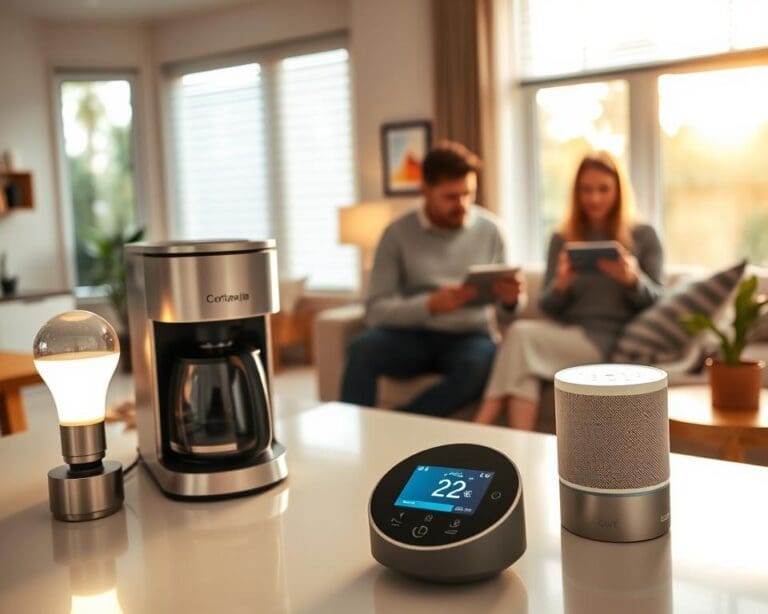In today’s world, one of the most pressing concerns for households is finding simple ways to save energy at home. Implementing practical energy-saving tips not only helps to reduce energy consumption but also contributes to a more sustainable environment. Homes are significant contributors to energy waste, making it essential for homeowners to adopt strategies that lead to financial savings while promoting greener living. By embracing easy and actionable steps, each household can make a meaningful impact on both their electricity bills and the broader goal of environmental conservation.
Understanding Energy Consumption in Your Home
Understanding how energy is consumed in a household is crucial for improving household energy efficiency. Identifying common sources of energy waste allows homeowners to take action. Simple changes can have a profound effect on energy bills and overall consumption.
Common Sources of Energy Waste
Many homes unknowingly contribute to energy waste through several key factors, including:
- Inadequate insulation, leading to heat loss during colder months.
- Outdated appliances that consume more energy than their modern counterparts.
- Inefficient heating systems that fail to distribute warmth evenly.
Addressing these common sources of energy waste is essential for creating a more energy-efficient home environment. Upgrading insulation, investing in energy-efficient appliances, and evaluating heating systems can drastically improve energy conservation methods.
The Impact of Household Behaviour on Energy Use
Household habits play a significant role in energy consumption. Everyday actions such as:
- Leaving lights on in unoccupied rooms.
- Overusing heating and cooling systems.
- Neglecting minor leaks around windows and doors.
These behaviours can collectively contribute to excessive energy use, with studies suggesting they may account for up to 20% of a home’s overall consumption. By becoming more aware of these habits, families can implement better energy conservation methods that lead to substantial savings over time.

Simple Ways to Save Energy at Home
Embracing energy-efficient solutions can significantly reduce energy consumption and promote a sustainable lifestyle. By adopting energy-efficient appliances and utilising smart home technology, households can enhance their energy performance while enjoying financial savings.
Adopting Energy-Efficient Appliances
Investing in energy-efficient appliances is a key step towards improving household energy efficiency. Look for products marked with the Energy Saving Trust label, which indicates reduced energy consumption. Upgrading to these modern appliances can diminish energy usage by as much as 50%, resulting in lower utility bills. Particularly, consider energy-efficient models for:
- Refrigerators
- Washing machines
- Dishwashers
- Ovens and cooktops
These changes not only lead to substantial savings but also align with eco-friendly home practices that benefit the planet.
Utilising Smart Home Technology for Efficiency
Integrating smart home technology offers an exciting way to manage energy consumption effectively. Devices like smart thermostats and energy monitors create opportunities for tailored energy use based on individual routines. Automated lighting systems can help optimise energy consumption by ensuring lights are only on when needed. Embracing these smart solutions enhances household energy efficiency and provides actionable insights through data analytics, allowing households to optimise their energy performance even further.
Eco-Friendly Home Practices
Embracing eco-friendly home practices offers a transformative path not only for energy conservation but also for overall sustainability. By focusing on practical measures within the home, individuals can significantly contribute to a healthier planet while enjoying financial advantages.
Benefits of Reducing Water Heating Costs
Water heating represents a substantial portion of household energy expenditure. Adopting strategies to reduce energy consumption in this area leads to remarkable savings. Consider lowering the temperature on your water heater to 60°C (140°F), which suffices for most household needs. Insulating the water tank further optimises energy efficiency, retaining heat and minimising waste.
Incorporating Renewable Energy Solutions
Utilising renewable energy solutions, such as solar panels and wind turbines, can help households dramatically reduce reliance on fossil fuels. These eco-friendly home practices not only decrease energy bills but also bolster energy independence. Investing in such technologies allows homeowners to harness natural resources while contributing positively to the environment.
Energy Conservation Methods for Every Room
Implementing effective energy conservation methods throughout your home can lead to significant savings and improved household energy efficiency. In the kitchen, consider investing in energy-saving appliances such as those certified by Energy Star, which not only offer excellent performance but also consume less power. Additionally, switching to LED lighting can bright up your culinary space while drastically reducing your energy bills.
Moving into the living room, proper insulation is key to maintaining a comfortable temperature and minimising heating costs. Simple energy-saving tips include sealing drafts around windows and doors, which can prevent heat loss during colder months. Moreover, using blankets and cushions made from sustainably sourced materials can enhance comfort without compromising on style.
In the bedroom, thermal curtains can be a game changer, offering insulation that keeps your space cool during the summer and warm during the winter. These small adjustments contribute to overall improvements in household energy efficiency. Finally, in bathrooms, consider installing water-saving fixtures. Low-flow showerheads and dual-flush toilets not only help in reducing water consumption but also lead to decreased heating costs, solidifying your commitment to energy conservation methods. Each of these room-specific strategies highlights that even minor changes can result in major environmental benefits.








